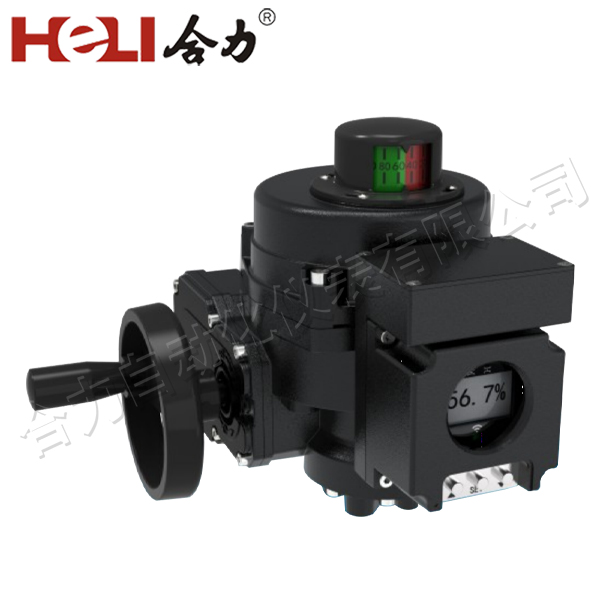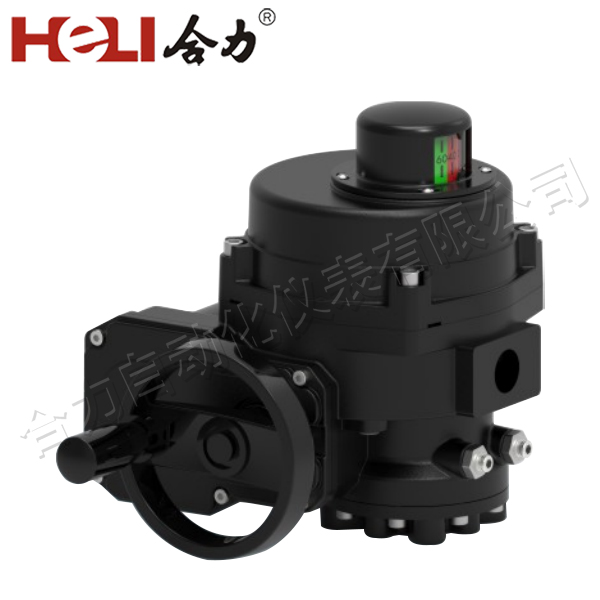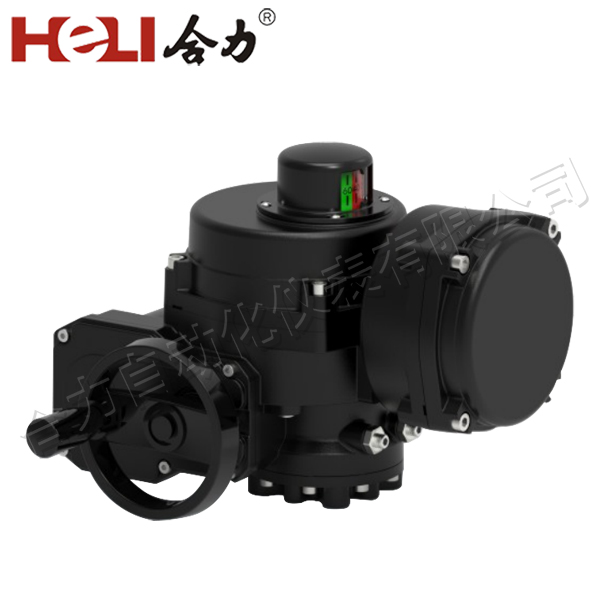Hydrogen energy represents a groundbreaking advancement in the quest for clean and sustainable power sources. As the world shifts towards greener alternatives, hydrogen emerges as a viable candidate due to its high energy density and zero-emission profile. The implementation of hydrogen energy systems, however, relies heavily on the effectiveness of electrical installations designed to handle its unique properties and requirements.

Hydrogen is the most abundant element in the universe and can be utilized as a clean fuel for various applications. The process of harnessing hydrogen energy typically involves the production, storage, and distribution of hydrogen, which is then converted into electricity through fuel cells. These fuel cells offer a promising solution for both stationary power generation and transportation.

The electrical installation for hydrogen energy systems is crucial for ensuring the safe and efficient operation of hydrogen fuel cells and associated infrastructure. This installation encompasses a range of components and considerations, starting with the production of hydrogen. Electrolyzers, which split water into hydrogen and oxygen using electricity, are key to this process. The electricity used in electrolyzers must be stable and of high quality to ensure efficient hydrogen production. Therefore, the electrical installation must include robust power supply systems, protective measures, and control mechanisms to maintain the optimal operation of electrolyzers.
